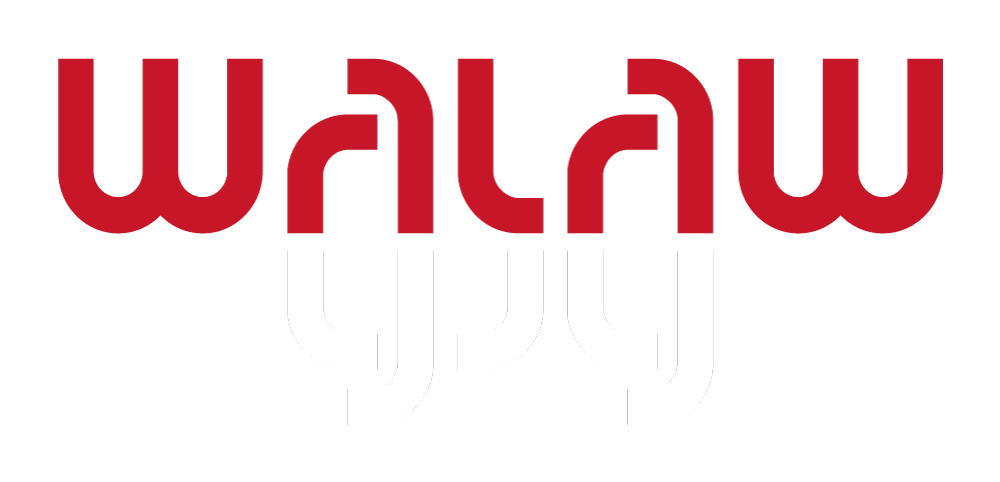-
08:00
-
07:40
-
07:20
-
07:00
-
18:00
-
17:40
-
17:20
-
17:00
-
16:50
-
16:30
-
16:00
-
15:40
-
15:20
-
15:00
-
14:40
-
14:20
-
14:00
-
13:30
-
13:00
-
12:40
-
12:20
-
12:00
-
11:40
-
11:20
-
11:00
-
10:40
-
10:20
-
10:00
-
09:30
-
09:00
-
08:30
Social Media in Morocco: Navigating Risks and Challenges
In today's interconnected world, social media platforms have become an integral part of Moroccan society. However, a recent report by the Moroccan Citizenship Center (CMC) reveals the darker aspects of these virtual spaces, shedding light on the risks and challenges that come with them.
The report, titled "Moroccans and Social Media Networks," presents a comprehensive view of how the nation is dealing with the complexities of the digital age. Based on an online survey of 1,201 participants from various age groups and regions, it exposes a landscape where the convenience of social media is shadowed by significant risks.
Platforms like Facebook (96.7%), WhatsApp (86.3%), and Instagram (65.0%) are widespread in Morocco, but their ubiquity has led to numerous challenges. A striking 94.6% of respondents believe that stronger laws are needed to combat defamation and slander on social media, indicating widespread concern over the lack of accountability.
The report also finds that 81.3% of participants support banning access to networks that are harmful to society and the younger generation. Additionally, 87.7% advocate for the prohibition of pornographic websites, highlighting the need to protect young people from harmful content.
Disturbingly, a significant portion of respondents have experienced negative encounters on social media. Over a third (32.7%) reported being subjected to insults and slander, while 27.5% faced hate speech for expressing personal opinions. The prevalence of cyberbullying (10.5%), blackmail (9.1%), sexual harassment (8.0%), and defamation (7.8%) underscores the extent of the problem. Particularly concerning is that one in three Moroccan women has experienced sexual harassment on these platforms, an issue that requires immediate action.
The report also addresses the matter of trust in social media news sources. While 51.4% of respondents trust professional journalists, a substantial 40.7% rely on posts shared by acquaintances and friends, highlighting the potential for misinformation and the need for increased media literacy.
Platforms such as TikTok (95.8%), Snapchat (52.3%), and Instagram (50.3%) are perceived as the most harmful, emphasizing the necessity for regulatory measures and increased parental supervision. Notably, 94.6% of respondents believe that Moroccan families are ill-equipped to protect their children from the dangers of social media.
The CMC report also points to a perceived lack of transparency and social responsibility among influencers and content creators. A resounding 94.9% of respondents view the relentless pursuit of monetary gain by these digital personalities as undermining their credibility as reliable sources of information.
Despite the challenges, the report suggests a way forward. It recommends a multi-faceted approach to promote responsible social media use, including integrating social media education into school curricula, launching awareness campaigns, strengthening legislative frameworks to protect users, and developing regulations to ensure transparency and accountability among influencers and content creators.
As Morocco navigates the complexities of the digital age, the CMC report serves as a call to action. It underscores the need for a comprehensive strategy to address the risks and challenges of social media while harnessing its potential for positive impact. By fostering partnerships between the state, civil society, and the public, Morocco can work toward a safer and more responsible virtual environment for all.



